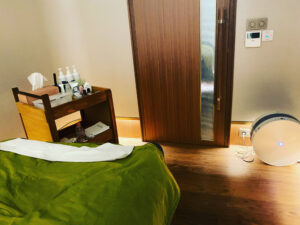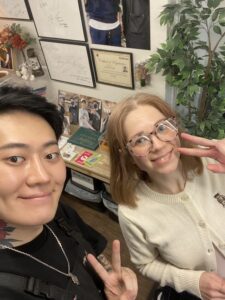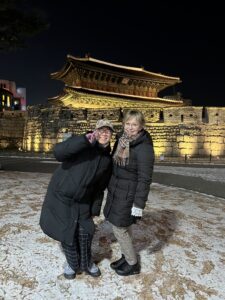There are many channels to meet people in Korea, and because Koreans love to socialize through groups and activities, you are never bored. Korea can be an extrovert’s paradise. For me, after a year of getting to know Seoulites, I reached an important realization.
I’m not versed in the Korean MZgeneration trends and colloquialisms, but I am familiar with those of my parent’s generation, some of which have trickled down to today. Of course, a % of the lingo I learned from my parents is considered outdated– like calling a male and female animal “soot-nom” and “ahm-nom” (숫놈, 암놈). But more pronounced than archaic words are my unconscious attitudes and behaviors from having grown up in the Third Space.
As is the case with any homogeneous society, even subtle differences are perceptible. There are many Korean cultural aspects I feel comfortable with, but being my usual normal self often invites curious questions about my identity.
I hadn’t really felt the Third Space as a real psychological location until living in Korea. It feels like I finally received the address. Neither Western or Eastern.
I spent 94% of my life in the U.S. In my first 6 years, I lived in a Filipino, Chinese, and Hispanic neighborhood. Our family moved and my world became even more diverse – our neighbors, public school classmates, and friends were from Vietnam, Belarus, Korea, Poland, Spain, India, Ukraine, Argentina, Nigeria, Taiwan, Sri Lanka, Afghanistan, Iran, France, just to name a few. We were each and every one of us different, but shared the identity of being 1st or 2nd generation immigrants. We spoke different languages at home and ate different cultural foods, but when we hung out we spoke the common language.
Whether spending a few months to decades overseas, or attending school or college abroad, some Koreans have life experience outside of the country. I used to think this would mean that we’d have common ground. Yet even Korean Americans exist in their own bubble in the melting pot. Most go to church in order to preserve their Korean-ness and form a strong community this way. It could be the reason why most Korean Americans don’t set foot in the Third Space– they never needed to.
The few nonChristian Koreans I befriended were outliers like myself, and we hung out in this amorphous Third Space with other immigrants. It is here—–from the rootlessness…from the otherness…rejected at home, not accepted into the mainstream…a human tries to negotiate its personhood.
Being from an immigrant family makes one understand, for better or worse, that a person IS their environment. Outside of one’s cultural-linguistic context, outside of their native land, we are blank slates. We are remarkably the same. This is why I believe differences don’t demarcate right or wrong, inside or outside.
(If one wants to argue the internet is this third space, they are foolish at best. No matter how much relevant cultural content one consumes, one cannot know the lived experience of another. I would never claim to know the lived experience of a cat, no matter how many books, TV shows, and movies I consume featuring an anthropomorphized protagonist cat.)



